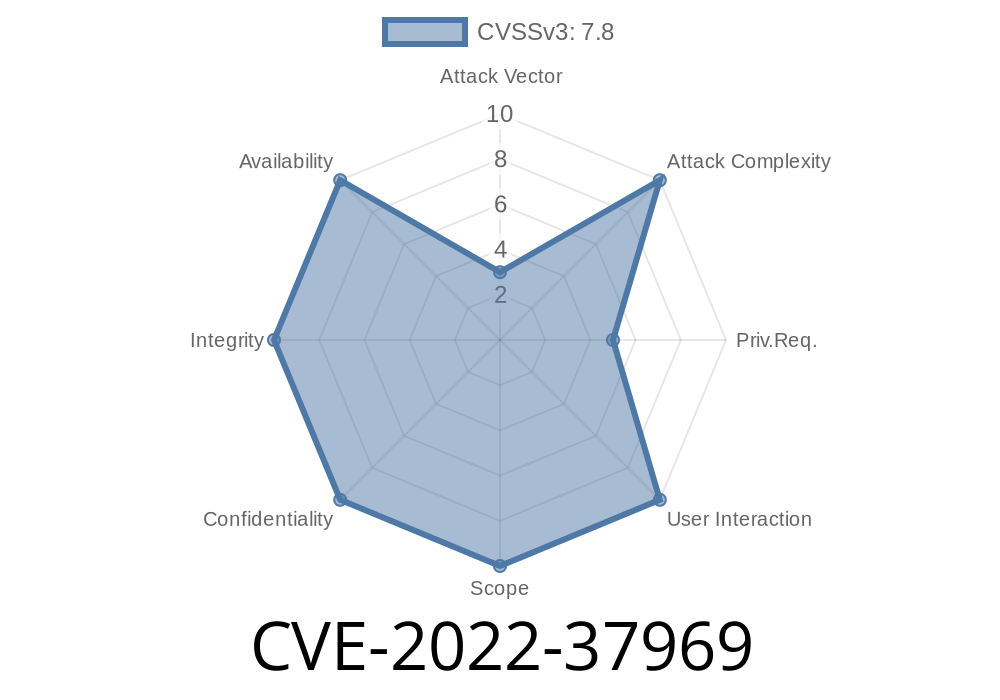This issue is related to the Common Log File System (CLFS) driver. The CLFS driver handles communication between the kernel and devices that use the Common Log Interface (CMI) protocol. The CMI protocol is used by hardware-assisted virtualization (HV) devices. Multiple vendors of HV devices are affected, including HP, Dell, Lenovo, and Fujitsu. You can check if your HV devices are affected by running the following command: The Common Log File System (CLFS) driver handles communication between the kernel and devices that use the Common Log Interface (CMI) protocol. The CMI protocol is used by hardware-assisted virtualization (HV) devices. Multiple vendors of HV devices are affected, including HP, Dell, Lenovo, and Fujitsu. You can check if your HV devices are affected by running the following command: # dmidecode -s SMBIOS Type 3.0 Number 2 System manufacturer System model System ID -- An attacker does not need physical access to the system to exploit this vulnerability. An attacker could exploit this vulnerability by sending a maliciously-crafted network packet to an affected device.
Vulnerable versions
The vulnerability is present in versions of the CLFS driver that are older than 3.3.8-12.
Printing is vital to many businesses, but so is a strong digital presence. This makes it important for businesses to invest in all parts of their marketing departments, including using digital marketing tools like paid advertising and social media platforms like Facebook and Twitter. With these methods, you can reach your customers at the most opportune time while also reaching out to new ones who haven't seen your ad before.
CLFS Driver Description
This vulnerability is related to the Common Log File System (CLFS) driver. The CLFS driver handles communication between the kernel and devices that use the Common Log Interface (CMI) protocol. The CMI protocol is used by hardware-assisted virtualization (HV) devices. Multiple vendors of HV devices are affected, including HP, Dell, Lenovo, and Fujitsu. You can check if your HV devices are affected by running the following command: # dmidecode -s SMBIOS Type 3.0 Number 2 System manufacturer System model System ID -- An attacker does not need physical access to the system to exploit this vulnerability. An attacker could exploit this vulnerability by sending a maliciously-crafted network packet to an affected device.
Vulnerable HA Platforms
Multiple vendors of HV devices are affected, including HP, Dell, Lenovo, and Fujitsu. You can check if your HV devices are affected by running the following command: # dmidecode -s SMBIOS Type 3.0 Number 2 System manufacturer System model System ID -- An attacker does not need physical access to the system to exploit this vulnerability. An attacker could exploit this vulnerability by sending a maliciously-crafted network packet to an affected device.
Quickly Find Out If Your System Is Vulnerable
To quickly find out if your system is vulnerable to this issue, you can run the following command:
Quickly Find Out If Your System Is Vulnerable
To quickly find out if your system is vulnerable to this issue, you can run the following command: # dmidecode -s SMBIOS Type 3.0 Number 2
Timeline
Published on: 09/13/2022 19:15:00 UTC
Last modified on: 09/16/2022 22:15:00 UTC
